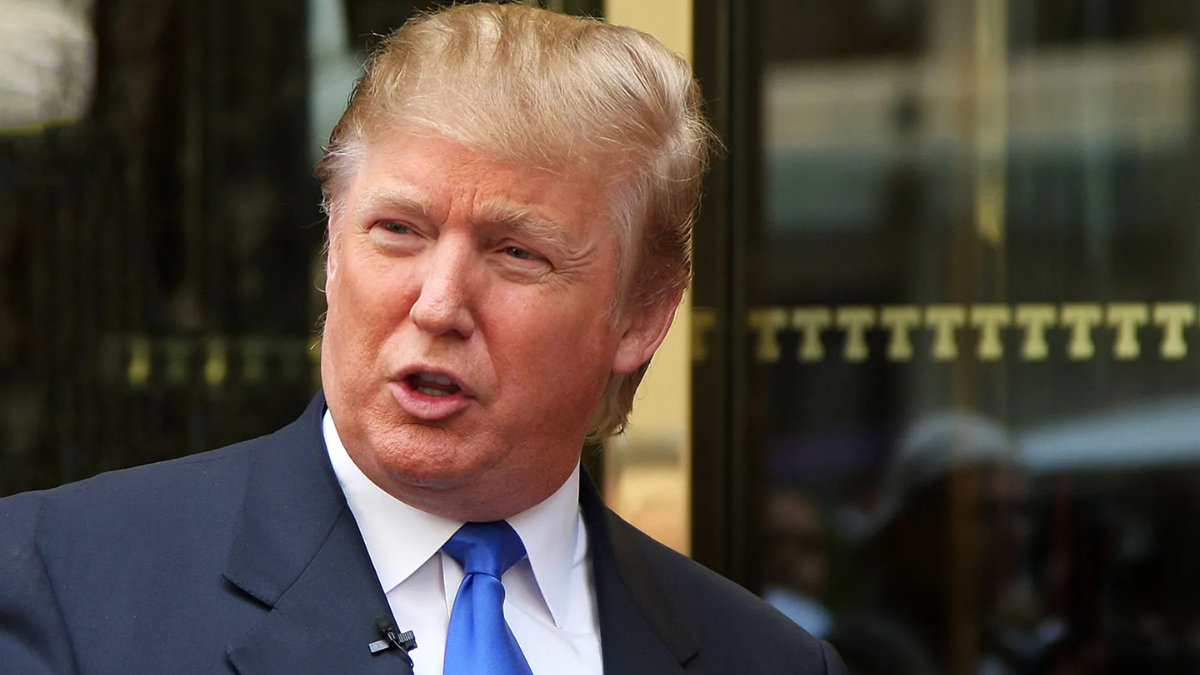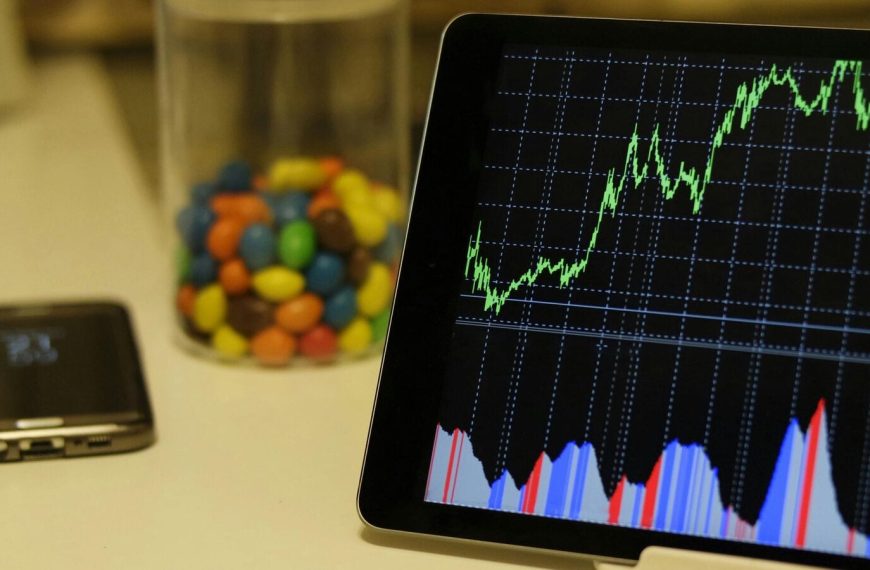In early April, anxiety gripped the global economy as the United States seemed poised to impose heavy sanctions on its trading partners. On Wednesday, that speculation turned into reality when President Trump announced a significant increase in tariffs affecting all international trade partners, including India. This pivotal move has sent shockwaves through the markets, fulfilling many investors’ worst fears.
Global Reactions to U.S. Tariff Increases
In response to these tariffs, nations are beginning to formulate their countermeasures. China has declared it will implement a 34% tariff on all U.S. imports starting April 10, alongside controlling the export of rare earth elements. Additionally, Beijing has placed 11 U.S. companies on its "unreliable entity" list, which opens the door for punitive measures against foreign entities. These actions are seen as a calculated response to the U.S. tariffs.
- Key Points:
- China‘s tariffs: 34% on U.S. imports.
- Control over rare earth exports initiated.
- Inclusion of 11 U.S. firms on the "unreliable entity" list.
Canada and EU’s Stance
Meanwhile, Canada is gearing up for its own retaliation, although specifics remain unclear. The European Union appears to be split on how to counteract these tariffs. Countries like Ireland, Italy, Poland, and the Scandinavian nations are hesitant to escalate tensions with the U.S., opting for a more cautious approach.
Market Impact and Economic Predictions
The immediate impact of these tariff announcements was stark. In just one week, the Dow Jones plummeted by 7.87%, the S&P 500 fell 9.08%, and the Nasdaq dropped a staggering 10.02%. This downturn represents the most considerable decline in almost a year, with U.S. markets experiencing a staggering $5.4 trillion loss in market capitalization over two days.
In contrast, Indian markets have shown relative resilience. The Nifty index is down only 2.61%, settling at 22,904, while the Nifty SmallCap index mirrored this decline. The Bank Nifty experienced just a minor dip of 0.12%. Still, with the Nifty breaching crucial support at 23,100, analysts remain watchful.
Economic Outlook: Are We Heading for a Recession?
Economists are increasingly concerned that the U.S. economy could slide into a recession due to these tariff increases. JP Morgan has raised the likelihood of a global recession by year-end to 60%, up from a previous estimate of 40%. Back in India, the Nifty has strong support at 22,700, but this level may not hold under pressure. Current trading shows a dip to 21,964, marking the lowest point since March 4, 2025.
Despite these challenges, India is relatively well-positioned in this tariff conflict, primarily due to its robust domestic consumption. Although Indian markets are expected to follow global trends in the short term, there is optimism about a recovery. As Chinese markets react sharply, all eyes will be on the upcoming RBI MPC meeting, which could provide critical support and stimulate market activity.
Conclusion: The unfolding global tariff scenario presents both challenges and opportunities. As nations respond to U.S. actions, staying informed and adaptable will be vital for investors navigating this complex landscape.
For more insights on market trends, visit MarketWatch and stay updated.











